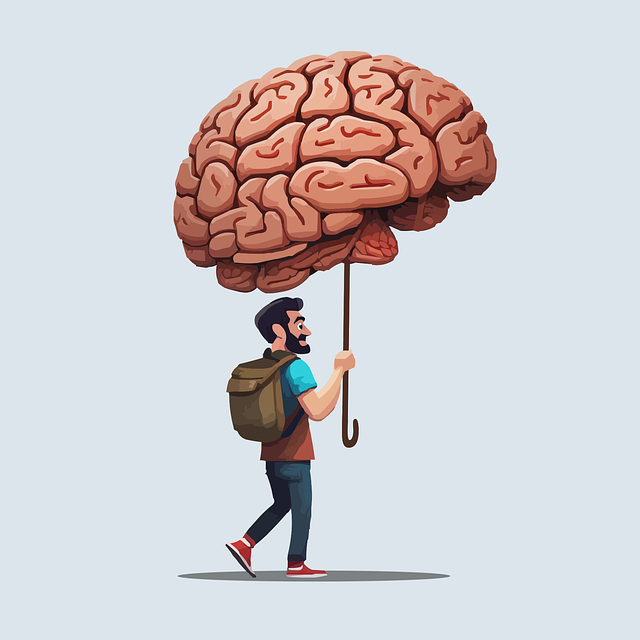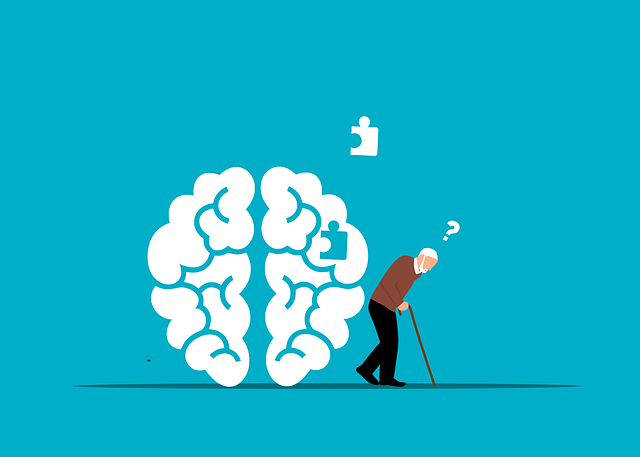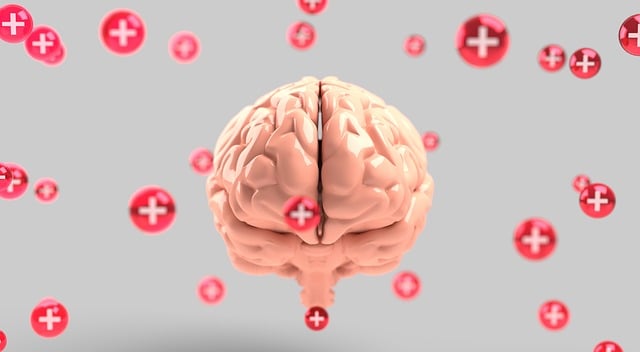Divorce profoundly affects young adults' emotional health, leading to anxiety, loneliness, and depression. Cognitive Behavioral Therapy (CBT) emerges as a powerful tool to manage anxiety by challenging negative thought patterns and teaching coping strategies. Early mental health awareness initiatives are crucial for fostering resilience among this vulnerable group, with healthcare providers playing a vital role in their transition post-divorce. Holistic approaches combining lifestyle changes, CBT, mindfulness practices, and support groups offer comprehensive solutions for anxiety management, empowering young adults to navigate life's challenges effectively.
Anxiety management is a vital topic, especially for young adults navigating the complexities of divorce. This article explores effective strategies to combat anxiety in this demographic, offering a comprehensive guide to healing. From understanding the unique challenges they face to powerful therapeutic approaches like Cognitive Behavioral Therapy (CBT), we delve into natural remedies such as mindfulness and meditation, alongside lifestyle shifts proven to reduce anxiety. Additionally, we highlight support groups and community resources that foster resilience, emphasizing the importance of connection in overcoming this common struggle.
- Understanding Anxiety in Young Adults Post Divorce
- Cognitive Behavioral Therapy (CBT): A Powerful Tool
- Mindfulness and Meditation for Calmness
- Lifestyle Changes to Reduce Anxiety Levels
- Support Groups and Community Resources
Understanding Anxiety in Young Adults Post Divorce

Divorce can be a significant source of anxiety for young adults, disrupting their emotional equilibrium and potentially leading to mental health challenges. According to recent studies, this demographic often struggles with adjusting to new living arrangements, financial instability, and the loss of a familiar family structure. These changes can contribute to feelings of loneliness, depression, and heightened stress levels. The impact of divorce on young adults’ mental health is a growing area of concern, prompting researchers and therapists to develop tailored strategies for this unique population.
Therapy plays a pivotal role in helping young adults post divorce manage anxiety effectively. Cognitive-behavioral therapy (CBT), for instance, has proven beneficial in challenging negative thought patterns and teaching coping mechanisms. CBT enables individuals to identify and change unhelpful behaviors associated with anxiety, such as avoidance strategies or excessive rumination. Additionally, mental health awareness initiatives encourage early intervention, fostering resilience against burnout prevention strategies that are especially crucial for healthcare providers supporting this demographic.
Cognitive Behavioral Therapy (CBT): A Powerful Tool

Cognitive Behavioral Therapy (CBT) is a highly effective tool for managing anxiety, particularly among young adults navigating life’s challenges. This evidence-based approach helps individuals identify and challenge negative thought patterns, replacing them with more realistic and positive ones. By focusing on the connection between thoughts, feelings, and behaviors, CBT empowers people to take control of their emotional responses, making it a valuable resource for those dealing with anxiety stemming from divorce or other life transitions.
For young adults, CBT offers structured guidance tailored to their unique needs. Through therapy sessions, they learn mental wellness journaling exercises that encourage self-reflection and tracking of anxious thoughts, helping them gain insights into triggers and develop coping strategies. Additionally, mental health education programs designed with a focus on CBT can equip individuals with the skills needed for risk management planning, fostering resilience in managing anxiety over time.
Mindfulness and Meditation for Calmness

Mindfulness and meditation have emerged as powerful tools for managing anxiety, especially among young adults navigating life’s challenges. These practices encourage individuals to focus on the present moment, cultivating a sense of calm and clarity. By training their minds to observe thoughts and emotions without judgment, young adults can develop a greater sense of self-awareness and emotional regulation. This is particularly beneficial for those who have experienced traumatic events like divorce, as it helps in processing and managing complex feelings effectively.
Incorporating mindfulness into daily routines, such as through guided meditation or mental wellness journaling exercises, offers a form of therapy that promotes resilience. Many organizations now provide stress management workshops designed to teach these techniques, ensuring young adults have access to valuable tools for maintaining mental health. This holistic approach to well-being, including physical activity and social connections, can significantly enhance one’s ability to cope with anxiety and its underlying causes, especially during pivotal periods of growth and transition.
Lifestyle Changes to Reduce Anxiety Levels

Anxiety management often begins with lifestyle changes tailored to reduce stress and promote mental well-being. For young adults navigating life’s challenges, such as the transition into adulthood or managing the complexities of divorce, adopting healthier habits can significantly impact anxiety levels. Regular exercise, for instance, releases endorphins known to boost mood and reduce tension. Incorporating mindfulness practices, like meditation or deep breathing exercises, helps individuals stay grounded in the present moment, distracting from anxious thoughts.
Additionally, prioritizing quality sleep and maintaining a balanced diet contribute to emotional stability. These lifestyle adjustments complement various therapy options available for young adults dealing with anxiety, including cognitive-behavioral therapy (CBT) and support groups. Enhancing emotional intelligence through self-awareness and understanding triggers can further empower individuals to manage their anxiety effectively. This holistic approach, combined with crisis intervention guidance tailored to personal circumstances, like divorce or burnout prevention strategies for healthcare providers, paves the way for lasting mental health improvements.
Support Groups and Community Resources

Support groups can be a powerful tool for young adults navigating anxiety, especially those dealing with the aftermath of divorce or separation. These groups provide a safe and non-judgmental space to share experiences, gain insights from peers facing similar challenges, and build a sense of community. Engaging in open discussions with others who understand the complexities of divorce can help reduce feelings of isolation and offer valuable coping strategies.
Additionally, community resources often incorporate cultural sensitivity in mental healthcare practice, ensuring that diverse populations receive tailored support. This approach recognizes the impact of life events like divorce on different cultural groups and addresses specific needs. By combining group therapy with a focus on inner strength development and burnout prevention, young adults can access holistic anxiety management techniques while fostering connections within their communities.
Anxiety management is a vital skill for young adults navigating divorce, offering a path to healing and improved well-being. By combining evidence-based therapies like Cognitive Behavioral Therapy (CBT) with practices such as mindfulness meditation and lifestyle adjustments, individuals can effectively reduce anxiety levels. Support groups and community resources further enhance this process, providing a sense of belonging and understanding. Embracing these strategies enables young adults to not only cope but also thrive during and after divorce, fostering resilience and a brighter future.








